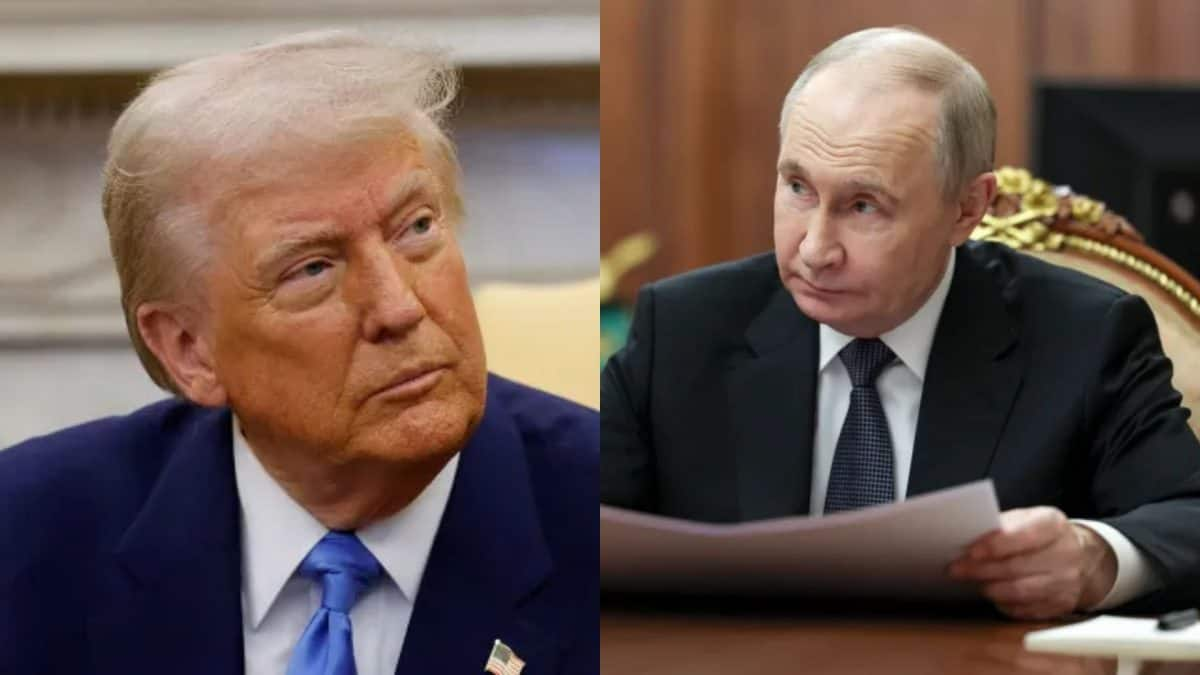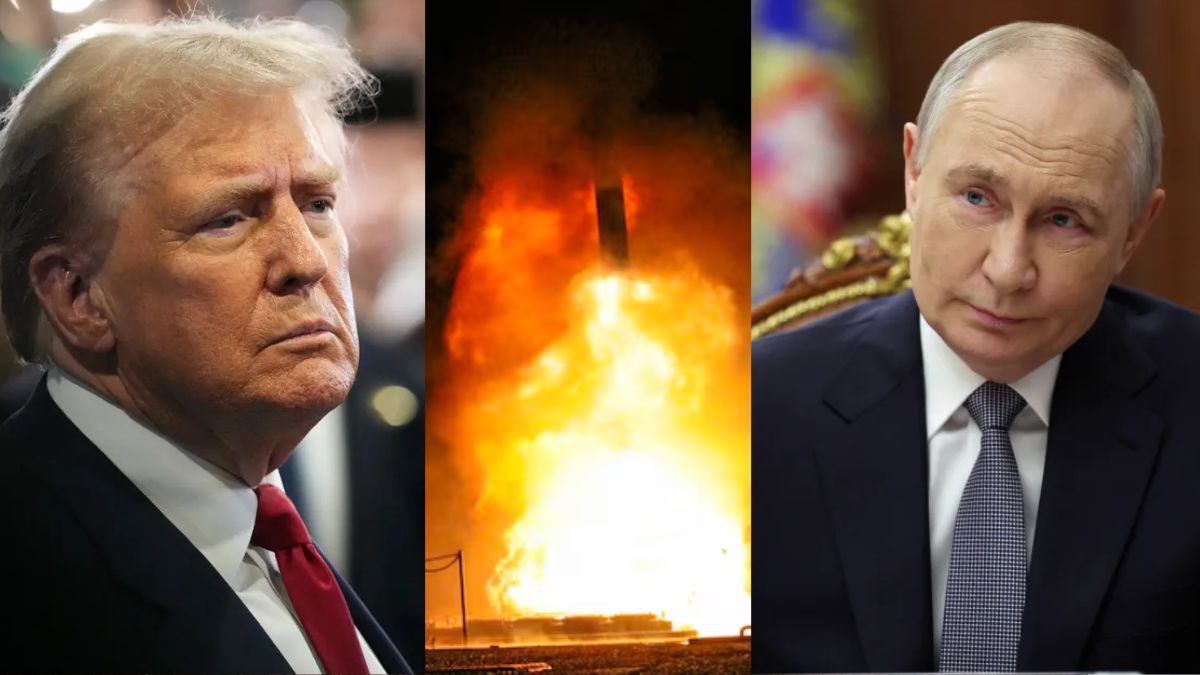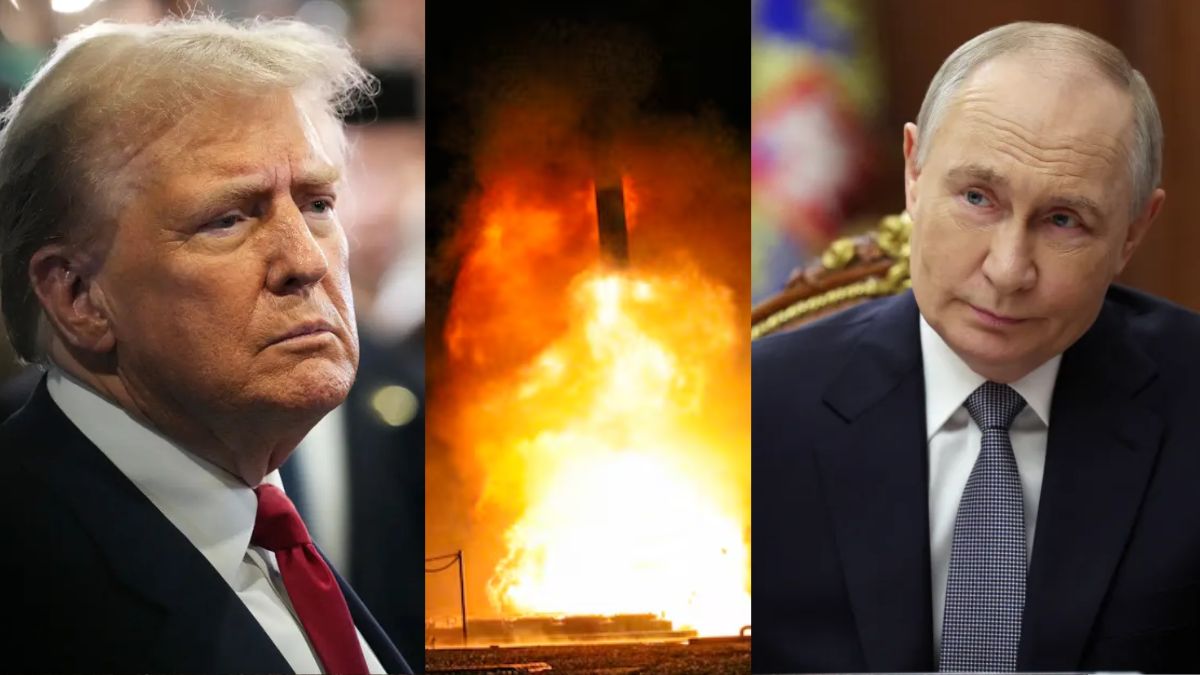In 2018, months into his presidency, Emmanuel Macron sat for an interview with Fox News ahead of his first state visit to the United States. When asked whether he might back down on controversial reforms amid domestic pushback, he paused and replied emphatically: “No. Chance.”
Seven years later, that self-assured defiance seems a distant memory. Facing mounting parliamentary resistance, public anger and dismal approval ratings, Macron has been forced to suspend the only major economic reform of his second term, his landmark pension overhaul. The decision, analysts say, could mark not just a political setback but the symbolic end of Macronism itself.
A reluctant retreat
For months, Macron resisted opposition calls to shelve the reform, which aimed to raise France’s retirement age further and overhaul its fragmented pension system. But as the country’s worst political crisis in decades deepened, the president conceded, delaying implementation until after the 2027 presidential election.
The retreat was a calculated move to preserve stability. Prime Minister Sébastien Lecornu’s fragile minority government survived two no-confidence votes last week, averting an immediate collapse. But the price was high, both politically and economically. According to France’s national auditors, freezing the reform could create a €13 billion ($15 billion) annual shortfall by 2035 if the measure is not reinstated.
“It’s a bitter pill to swallow, but we had to swallow it,” admitted Macron’s party lawmaker Pieyre-Alexandre Anglade. Others in his camp were less forgiving. “In our rush to exit the crisis, we’re sacrificing the only structural reform that truly matters for the future,” former minister Olivia Gregoire told Reuters.
The unravelling of Macronism
Macron’s climbdown is striking for a leader who built his brand around defying entrenched interests and pushing through reforms where predecessors had faltered. During his first term, he abolished the wealth tax, relaxed labour laws and trimmed housing benefits, earning praise from markets and scorn from unions.
“Backing down on the one and only major societal reform since his re-election, if it’s not a final blow, it’s at least a clear sign the president has stopped making his mark,” Stewart Chau of Verian Research told CNN.
The erosion of his political leverage began after his 2022 re-election, when he lost his parliamentary majority. The pension law, raising the retirement age from 62 to 64 — had to be forced through without a vote, triggering mass protests and violent clashes across French cities.
Impact Shorts
More ShortsAccording to BBC News, the move alienated not only left-wing parties but also the centrist and moderate voters who had once been the backbone of Macron’s coalition. His failed gamble on early elections in 2024 deepened the crisis, leaving France with a fragmented parliament split between the far-right, the left, and Macron’s shrinking centrist bloc.
The left demands its due
The latest retreat came under pressure from the Socialists, who used their leverage to demand a symbolic concession from Macron’s government. The far-right National Rally had already vowed to oppose any government motion, leaving the Socialists in a kingmaker position.
Socialist leader Boris Vallaud told Al Jazeera that his party had made “no commitments on the budget,” warning that fiscal tightening measures could still face resistance. This uncertainty casts a shadow over Macron’s broader reform agenda particularly his efforts to rein in the deficit and defend earlier tax cuts for the wealthy.
Legacy at risk
For Macron, the reversal is more than a policy defeat, it’s a reputational one. His approval rating has slumped to just 14%, according to Reuters, reflecting a deep public disillusionment with a president once hailed as France’s moderniser-in-chief.
Inside the Élysée, aides privately acknowledge the limits of his domestic ambitions. “Pension reforms are never what is put to a president’s credit,” one Macron ally told BBC. “What we remember presidents for is how they handled crises, rearming Europe, recognising Palestine. Maybe tomorrow there’ll be other conquests.”
Yet, as France’s political paralysis deepens and the economic cost of delay mounts, Macron’s vision of a dynamic, reformed France appears to be fading. The man who once declared himself the antidote to stagnation now finds himself trapped by it.
For many in Paris, the question is no longer whether Macron can salvage his presidency but whether Macronism itself has reached its end.


)

)
)
)
)
)
)
)
)



